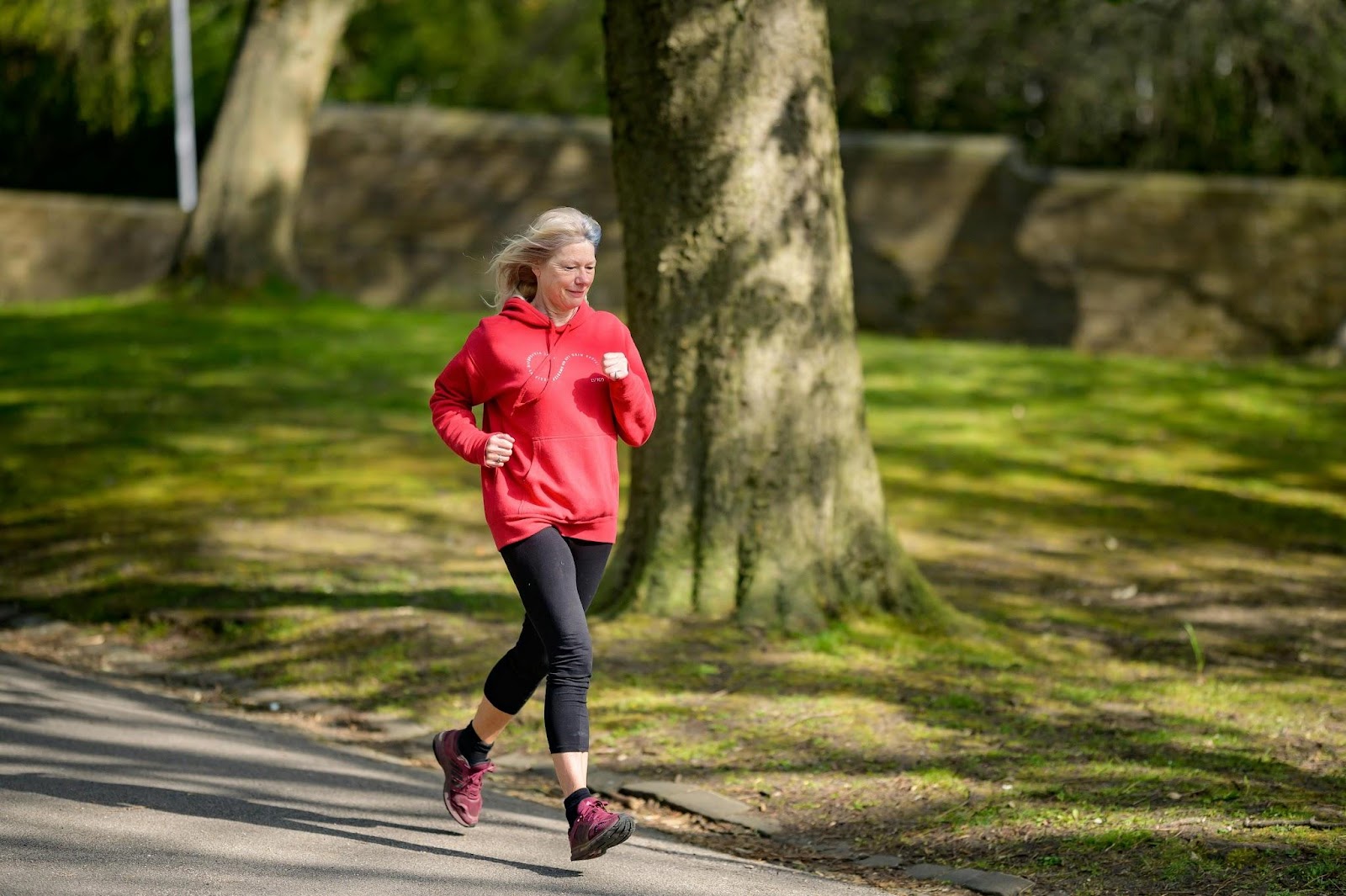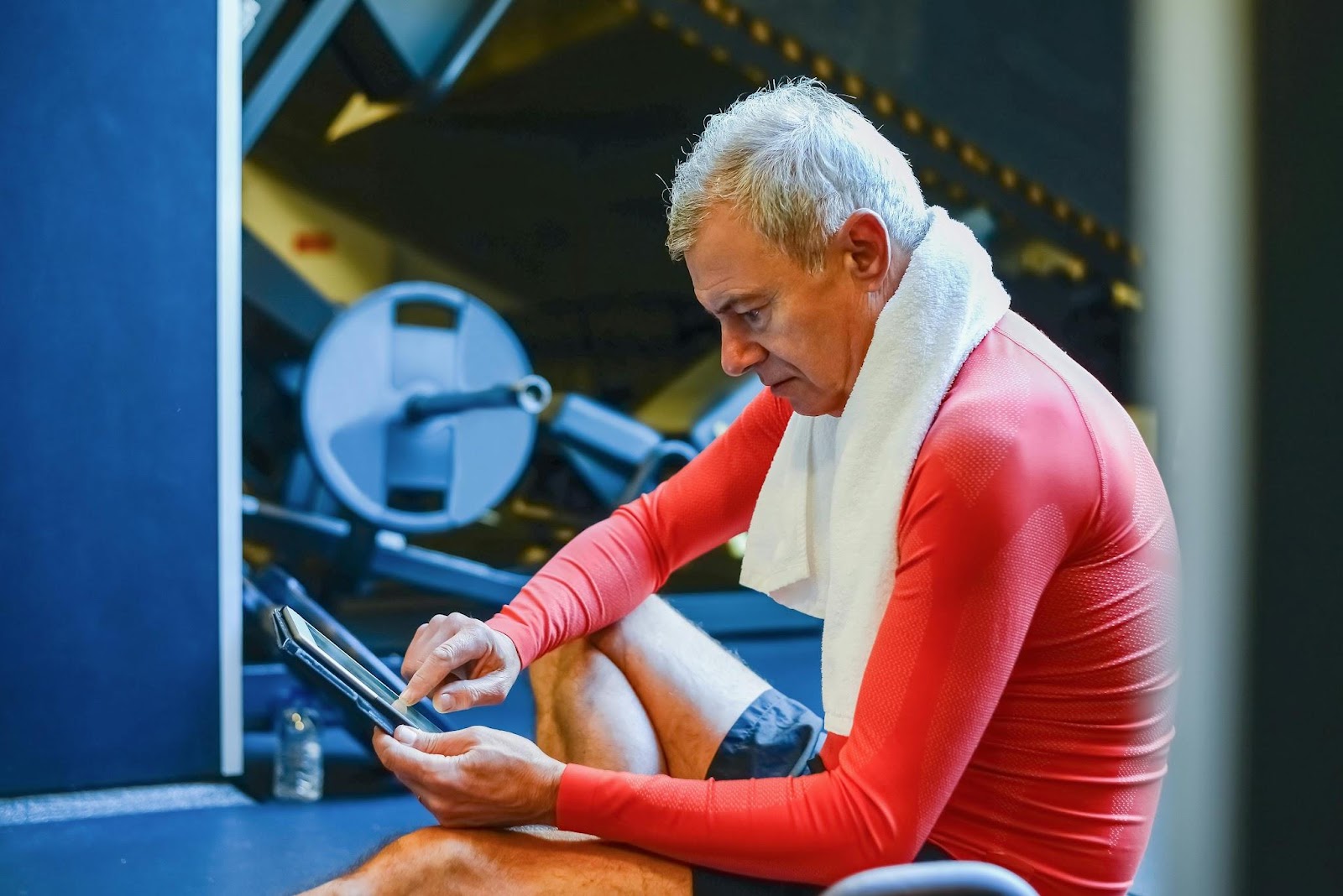Aging is an inevitable part of life, but how we age can be significantly influenced by the choices we make daily, particularly when it comes to staying physically active. While the image of retirement may often conjure up relaxation and slowing down, research consistently shows that maintaining an active lifestyle is one of the best ways to age gracefully, mentally and physically. Staying active doesn’t necessarily mean running marathons or lifting heavy weights. It can include walking, swimming, yoga, dancing, or simply doing light resistance exercises. The key is consistency and purpose. Physical activity fuels vitality, fosters independence, and enhances the quality of life. Here are eight powerful reasons to keep moving as you grow older.

Preserving Strength and Mobility
As we age, maintaining strength and mobility becomes important for preserving independence and preventing injury. Muscle mass naturally declines, but regular physical activity can slow this process and even reverse some of its effects. Engaging in resistance training, balance exercises, and stretching routines helps support everyday tasks like climbing stairs or getting out of a chair with ease. Among the many pros of staying active is the ability to retain flexibility and coordination, which reduces the risk of falls and enhances body confidence. Incorporating consistent movement into daily life ensures that older adults can navigate their environment safely, comfortably, and with greater physical assurance.
Enhancing Mental Health and Mood
Exercise is a powerful tool for the mind. Physical activity stimulates the release of endorphins, the body’s natural mood elevators, helping to combat stress, anxiety, and symptoms of depression. For aging adults, staying active can be important as they face life transitions such as retirement, loss of loved ones, or changes in living arrangements. Activities like walking in nature, tai chi, or water aerobics provide physical benefits and emotional outlets. Social engagement through group classes or walking clubs combats feelings of isolation, offering vital mental stimulation and connection.
Supporting Cognitive Function and Memory
One of the most feared aspects of aging is the decline in memory and cognitive abilities. Regular exercise has been shown to boost brain health and delay cognitive decline. Physical activity improves blood flow to the brain, promoting the growth of new neural connections and potentially reducing the risk of conditions like Alzheimer’s and dementia. Aerobic exercises, in particular, appear to enhance brain function, while coordination-based activities like dance or martial arts can further engage the mind. Staying active keeps the brain sharp, enhances focus, and supports mental agility as we age.
Maintaining a Healthy Weight and Metabolism
A slowing metabolism and reduced calorie needs can make weight management more challenging with age. Staying active helps combat this by burning calories, maintaining muscle mass, and keeping the metabolism functioning efficiently. Activities such as brisk walking, cycling, or swimming promote cardiovascular health and aid in weight control. Avoiding excessive weight gain is crucial in reducing the risk of chronic illnesses such as type 2 diabetes, heart disease, and certain types of cancer. Physical fitness supports better digestion, lowers inflammation, and promotes balanced blood sugar levels, contributing to a healthier, more energetic lifestyle.
Reducing the Risk of Chronic Diseases
Chronic diseases become more common with age, but regular physical activity can play a significant role in preventing and managing these conditions. Exercise helps lower blood pressure, improve cholesterol levels, regulate blood sugar, and strengthen the heart. It can help manage the symptoms of arthritis by keeping joints flexible and muscles strong. For those already dealing with chronic conditions, staying active under the guidance of a healthcare provider can reduce symptoms and improve quality of life. In many cases, exercise becomes a natural prescription that complements medical treatment, improving outcomes and decreasing dependency on medication.
Improving Sleep Quality
Sleep disturbances often increase with age, ranging from difficulty falling asleep to waking frequently during the night. Physical activity can significantly improve sleep quality by helping to regulate circadian rhythms and reduce the time it takes to fall asleep. Engaging in regular exercise, particularly earlier in the day, can lead to deeper, more restorative sleep. It helps reduce symptoms of sleep disorders like sleep apnea and restless leg syndrome. Better sleep enhances energy and mood, and supports immune function, mental clarity, and resilience, making it easier to enjoy life fully.
Boosting Immune Function and Recovery
Aging naturally affects the immune system, making older adults more vulnerable to infections and slower to recover from illnesses. Consistent moderate exercise has been shown to enhance immune responses and reduce inflammation. Staying active supports healthy circulation, allowing immune cells to move more efficiently through the body. It contributes to quicker recovery times following injury or surgery. While overexertion can have the opposite effect, a well-balanced routine of activity strengthens the body’s natural defenses and equips it to better handle health challenges. Regular movement truly is a proactive way to protect long-term vitality.
Promoting Social Engagement and Purpose
Remaining socially connected becomes increasingly important with age, and physical activity can be a meaningful gateway to social interaction. Whether it’s joining a community walking group, attending yoga classes, or dancing at local events, these activities foster companionship and a sense of belonging. Staying active encourages setting goals, like participating in a fun run or improving mobility, which gives purpose and structure to daily life. The combination of movement and social bonding can be deeply fulfilling, combating loneliness and creating opportunities for laughter, learning, and growth. Staying active isn’t just about physical health; it’s about building a life full of joy, connection, and meaning.

Aging gracefully is less about avoiding the passage of time and more about embracing it with intention and vitality. Staying active is one of the most empowering choices we can make to ensure that our later years are not just long but full of energy, engagement, and joy. From strengthening the body and mind to enhancing relationships and resilience, the benefits of physical activity are immediate and long-lasting. It’s never too late to start. Whether you take a few extra steps each day, try a new fitness class, or simply make time to move more consistently, every action counts toward a healthier, more graceful journey through life.
MindOwl Founder – My own struggles in life have led me to this path of understanding the human condition. I graduated with a bachelor’s degree in philosophy before completing a master’s degree in psychology at Regent’s University London. I then completed a postgraduate diploma in philosophical counselling before being trained in ACT (Acceptance and commitment therapy).
I’ve spent the last eight years studying the encounter of meditative practices with modern psychology.

